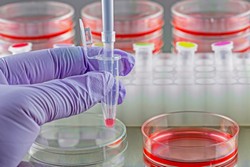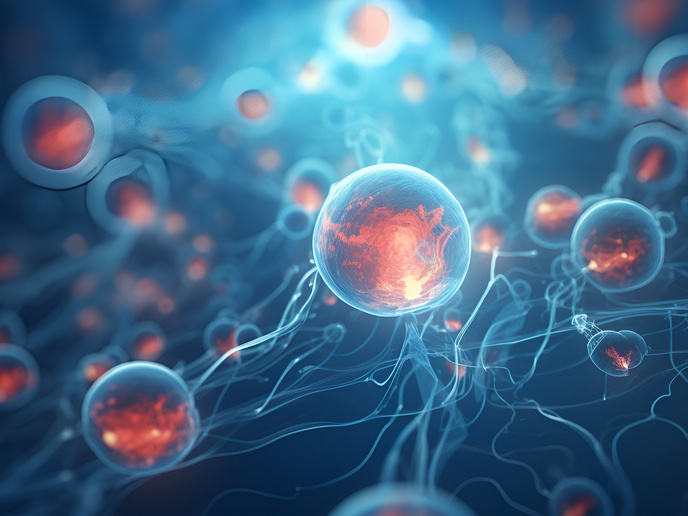Nanotechnology helps to repurpose existing drugs
"Better the devil you know than the devil you don't". Along these lines, researchers are exploring the strategy of repurposing known drugs. Furthermore, drug development is a slow and costly procedure with only a small fraction of new drugs in clinical development reaching the market. Also, new drugs could have high toxicity and unknown side effects. A preliminary study showed that disulfiram (DS), an old anti-alcoholism drug, demonstrates anti-CSC activity with low toxicity to normal cells. The anticancer efficacy of DS was significantly improved by extension of its half-life using liposome encapsulation. The primary goal of the EU-funded NANODISCAN (Nano-technology enabled repositioning of Disulfiram as an anti-cancer stem cell agent) project was to develop a long-circulating nano-encapsulated DS. Researchers developed two long circulating nano-encapsulated DS (DS-NPs): DS-poly lactic-co-glycolic acid (DS-PLGA) and DS-polymeric micelles (DS-PM). Both formulations showed good encapsulation efficiency, particle size, zeta potential and release profiles. In contrast to the 30 second half-life of free DS in serum, DS-PLGA and DS-PM formulations extended the half-life by over four hours. New formulations were compared to liposome encapsulated DS (Lipo-DS) in in vitro and in vivo studies on human breast cancer cell lines and xenografts. Lipo-DS displayed improved anticancer activity in experimental mice but at a high dosage (75mg/kg), which resulted in the detection of some necrotic cells in liver and kidneys. DS-PLGA showed strong anticancer effect on liver cancer xenografts at low doses (10mg/kg) with no signs of toxicity in vital organs such as liver, lung and kidney. Importantly, DS-PLGA produced strong anticancer activity in the intracranial glioblastoma multiforme (GBM) model. It inhibited the in vitro migration and invasion of cancer cells at an extremely low concentration (5nM) and blocked metastasis in vivo. The pilot study of the project now underscored the need for further investigation DS-NP formulations to target GBM. Project partners established a worldwide network with many European and international academic and industrial partners. Hopefully, the clinical translation of project results will lead to the development of a potent anticancer drug.







